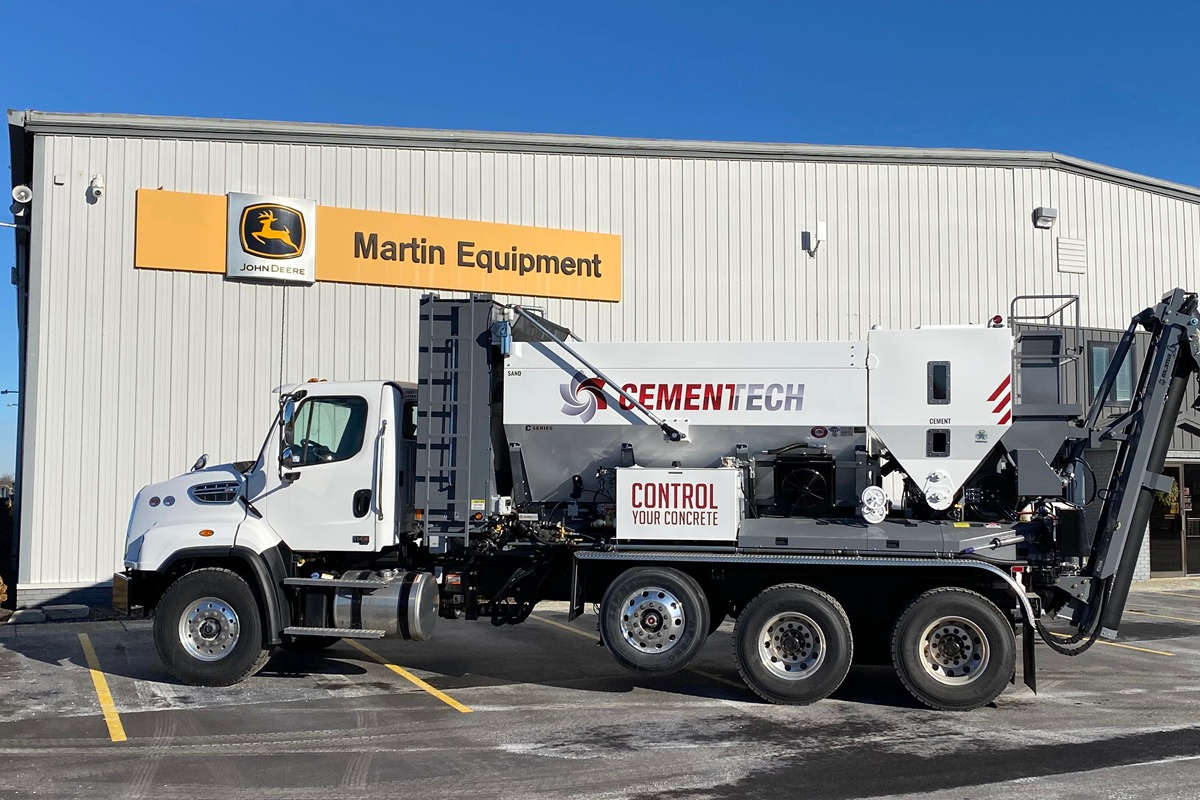Product Spotlight: Ditch Witch FXT50 Air

Product Spotlight: FXT50 Air
The latest addition to the Ditch Witch family of vacuum excavators is the FXT50 Air model, which extends the capabilities of standard truck vacs with a PTO-driven air compressor for dry excavation. Operators benefit from using compressed air to break up soil, which can be used as backfill. To help contractors meet changing conditions and demands of the jobsite, the Ditch Witch FXT50 Air vac offers both air and hydro systems, improving jobsite productivity and efficiency. The two systems enable excavation capabilities not limited by fresh water availability or requirements to haul away and dispose liquid spoils.
For added versatility, operators can choose between a 10 Series air system with 200 cfm and 200 psi or a 12 Series air system with 300 cfm and 250 psi for high-pressure excavating tasks. Operators can also shift down to 100 psi for lower pressure tasks, which could be needed for pneumatic tools like jackhammers, tampers and moles.
Advice
“Operators should understand and follow regular maintenance and service intervals, including daily checks of filters and fluid levels,” says Jason Proctor, Product Manager of Vacuum Excavators for Ditch Witch. “Following regular maintenance routines will help extend the lifespan of equipment and improve jobsite productivity.”





